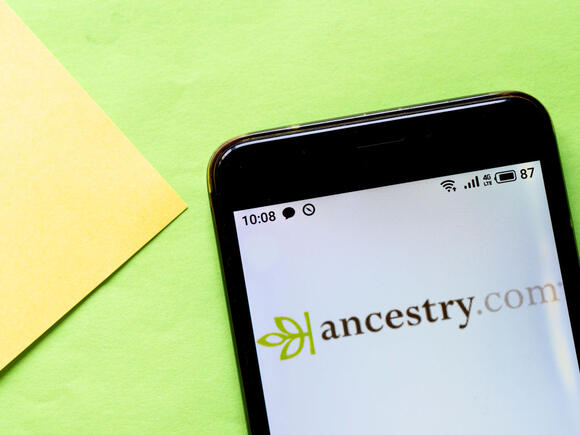Get updates delivered to you daily. Free and customizable.
Afrotech
Ancestry Is Using AI To Help Users Discover The Names And Lives Of Their Ancestors Who Were Formerly Enslaved
By Ngozi Nwanji,
15 days agoExpand All
Read in NewsBreak
Comments / 0
Add a Comment
YOU MAY ALSO LIKE
 Most Popular
Most PopularMobile, AL11 days ago
mindfullyamerican.com21 days ago
Georgia State11 days ago
Washington, DC23 days ago
NewSantaAna13 days ago
Virginia State23 days ago
Upworthy3 days ago
New York Post11 days ago
Time Out Global10 days ago
ancientpages.com18 days ago
Science Focus17 days ago
Nebraska State9 days ago
Total Apex Sports & Entertainment12 days ago
War History Online3 days ago
petapixel.com1 day ago
Indy10021 hours ago
Get updates delivered to you daily. Free and customizable.
Welcome to NewsBreak, an open platform where diverse perspectives converge. Most of our content comes from established publications and journalists, as well as from our extensive network of tens of thousands of creators who contribute to our platform. We empower individuals to share insightful viewpoints through short posts and comments. It’s essential to note our commitment to transparency: our Terms of Use acknowledge that our services may not always be error-free, and our Community Standards emphasize our discretion in enforcing policies. We strive to foster a dynamic environment for free expression and robust discourse through safety guardrails of human and AI moderation. Join us in shaping the news narrative together.


Comments / 0